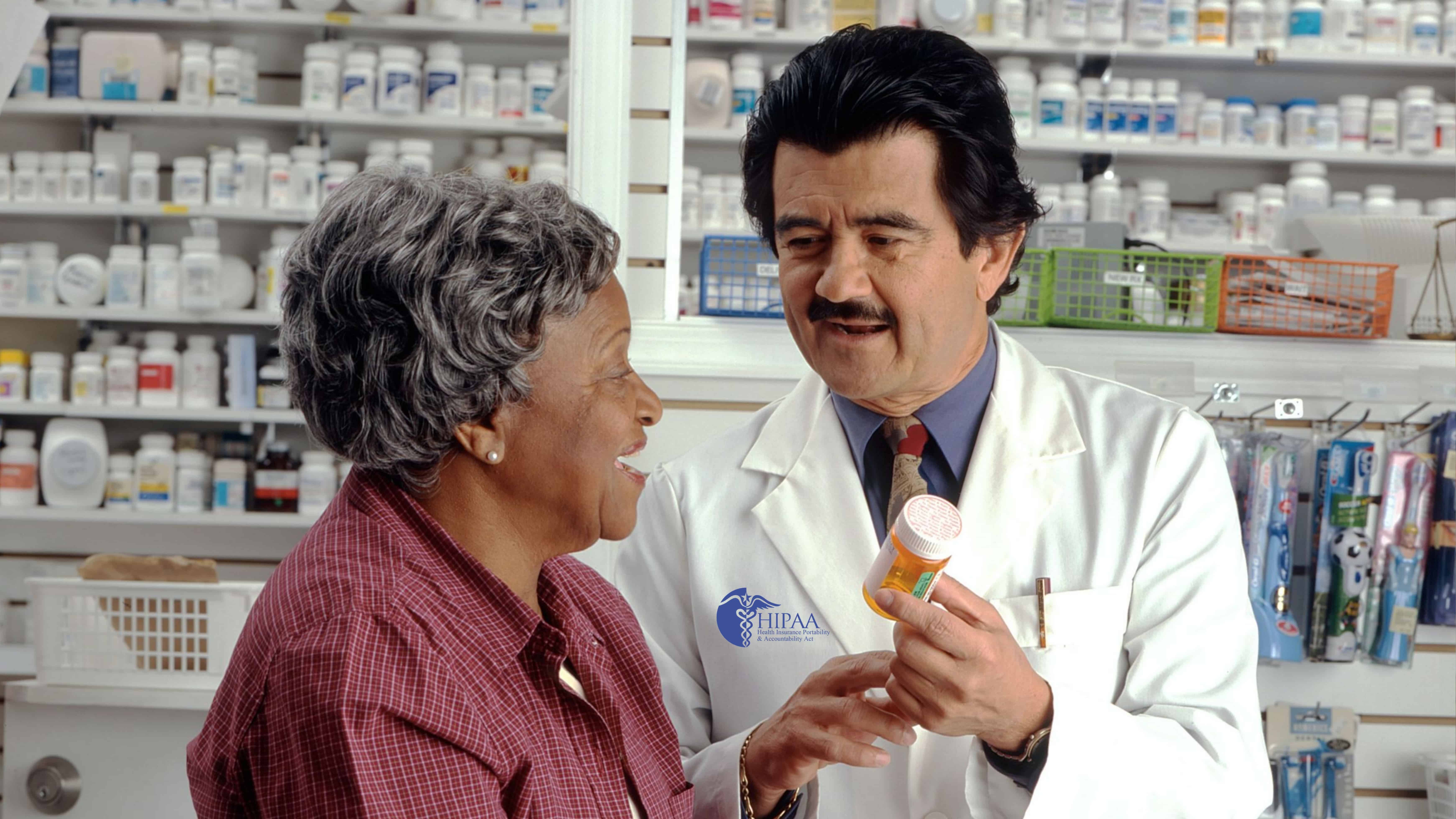What Are HIPAA Pharmacy Requirements?
Running a busy pharmacy can be all consuming, making it difficult to make time for anything else. This leaves many administrative tasks, such as HIPAA compliance, to fall by the wayside. However, failing to follow HIPAA regulations can leave your pharmacy vulnerable to breaches, HIPAA fines, and costly corrective actions.
HIPAA pharmacy requirements are similar to that of many other healthcare businesses. To provide guidance to pharmacists and pharmacy workers on how to comply with HIPAA, these requirements are discussed in detail below.
HIPAA Privacy Rule
Safeguarding patient protected health information (PHI), including a patient’s name and prescription history, should be a top priority for anyone working in a pharmacy. Privacy is important, and maintaining a patient’s anonymity is essential to being HIPAA compliant. The HIPAA Privacy Rule dictates specific standards that must be followed to ensure that PHI access and disclosure is only granted to authorized individuals, known as the minimum necessary standard.
This standard requires PHI access to be granted to only those individuals that require access to perform their job functions. As such, not all employees require the same access levels to PHI. To meet minimum necessary standard requirements, each employee must be given unique login credentials to access systems that create, store, receive, or transmit PHI. Through these unique login credentials, administrators can designate different levels of access to PHI based on an employee’s job role. It is also important to track PHI access to ensure that employees who are granted PHI access are not doing so excessively, and to detect when an employee’s login credentials may be compromised by a threat actor.
To determine which employees should be granted access to what data, it is important to establish written privacy policies and procedures. These policies and procedures should dictate the proper uses and disclosures of PHI specific to your pharmacy so that employees have clear guidelines.
HIPAA Security Rule
As part of HIPAA pharmacy requirements, you must ensure the confidentiality, integrity, and availability of PHI by implementing security measures referred to as safeguards. Safeguards include administrative, technical, and physical measures that prevent unauthorized access, use, or disclosure of PHI.
- Administrative: these safeguards are in the form of written policies and procedures that dictate the proper uses and disclosures of PHI, how PHI is protected, and what to do in the case of a breach.
- Technical: these safeguards are the security measures put in place to keep PHI secure such as access controls, user authentication, and encryption.
- Physical: these safeguards are the security measures put in place to protect a businesses physical location such as security cameras, locks, and alarm systems.
HIPAA Breach Notification Rule
The HIPAA Breach Notification Rule requires healthcare businesses to report breaches affecting PHI. Under this Rule, breaches affecting 500 or more patients must be reported within sixty (60) days of discovery to the Department of Health and Human Services (HHS) Office for Civil Rights (OCR), affected patients, and local media outlets. These large-scale breaches are also subject for public scrutiny as the OCR posts them to their online breach portal.
Breaches affecting less than 500 patients can be compiled in a documented list and reported within sixty (60) days from the end of the calendar year (March 1st). These breaches must be reported to HHS OCR and affected patients.







